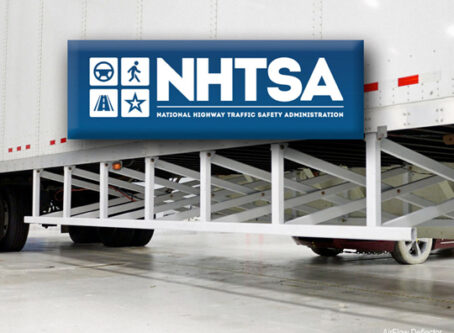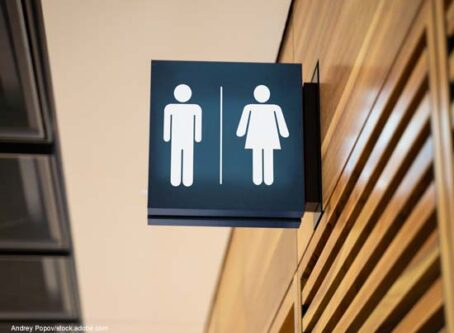Iowa, North Dakota officials look for more revenue via alternative-fuel vehicles
Officials around the country continue to pursue efforts to boost transportation funding. Among the options getting attention at statehouses is tapping alternative-fuel vehicles for additional revenue.
In an effort to encourage people to pursue more fuel-efficient options nearly all states now offer financial incentives for hybrid and electric vehicle owners. As popularity for such vehicles continues to grow, however, state officials are more and more concerned about the lost transportation revenue that results from alternative-fuel vehicles.
According to the National Conference of State Legislatures, 20 states impose additional fees for the registration and licensing of certain affected vehicles. Below is a sampling of states that are taking a look at raising more revenue from alternative-fuel vehicles.
Iowa
Electric vehicles are one source of revenue being eyed in Iowa to help address transportation funding needs.
An Iowa Department of Transportation report shows a nearly $317,000 hit to the state’s road use tax fund one year ago. Among the options to help address the funding dip is adding taxes for electric vehicles.
The state pays for infrastructure needs largely through a 30.7-cent excise tax on gas and 32.5-cent tax on diesel. It is estimated the taxes will raise $650 million for the current fiscal year.
The Iowa DOT report predicts that fuel tax revenues will be reduced in the decades ahead as more people purchase alternative-fuel vehicles.
In an effort to prevent some losses in tax revenue the agency recommends multiple methods to raise new revenue. The methods listed are an excise tax based on per kilowatt-hour of electric vehicle charging; an annual registration fees for battery-electric vehicles, plug-in hybrid electric vehicles; and a fuel excise tax on hydrogen fuel cell electric vehicles.
North Dakota
One idea getting attention in both statehouse chambers to boost transportation funding would tap electric and hybrid vehicles to help cover costs for road upkeep and construction.
SB2061 would collect a $248 annual “road use fee” on electric vehicles. Hybrids would see a $71 yearly fee.
Revenue estimated in excess of $600,000 annually would be used for state and local roads, and transit.
A similar House bill, HB1238, would collect a $180 registration fee for each electric vehicle. Hybrid vehicles are not included.
Electric vehicle owners would have the option of continuing to pay the annual fee or a yearly mileage fee.
The House version is estimated to raise about $50,000 each year. It is in the House Transportation Committee.
SB2061 is in the Senate Transportation Committee.









